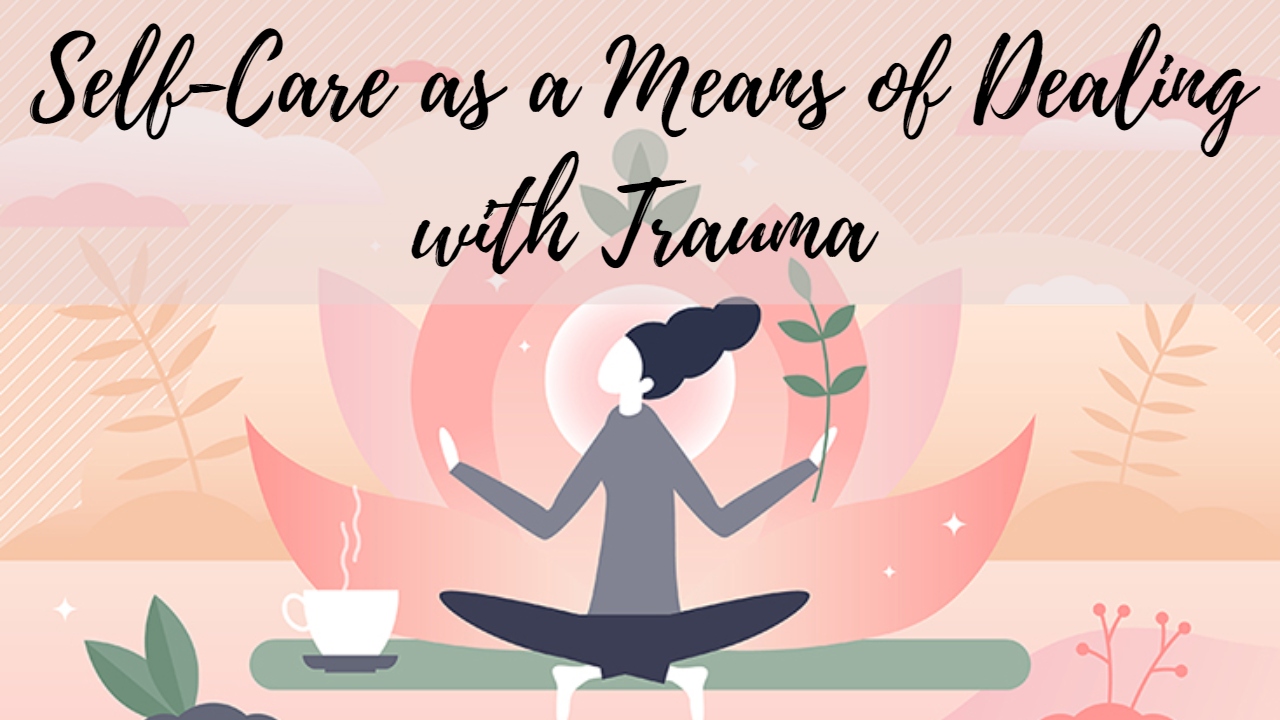

Self-care, on the other hand, may be a useful technique for dealing with trauma and minimizing its consequences.
Taking purposeful and proactive actions to prioritize one’s physical, emotional, and mental health is what self-care entails. Self-care is especially essential for persons struggling with trauma because it allows them to cope with the symptoms of the trauma while also fostering recovery.
Establishing a habit that promotes well-being is an important element of self-care. This might include regular exercise, a balanced diet, adequate sleep, and participation in activities that promote relaxation and stress reduction, such as meditation or yoga. Furthermore, developing a routine can aid in the establishment of a sense of stability and control in the face of the unpredictability of trauma.
Seeking out help from others is another crucial part of self-care. Therapy, support groups, or chatting with trustworthy friends and family members may all be options. Those living with trauma might feel less alienated and more connected to others by seeking assistance from others, which can encourage healing and resilience.
Setting limits and saying “no” to things that are not in one’s best interests may also be part of self-care. Avoiding circumstances or persons who evoke bad feelings or memories may be necessary for those living with trauma. Setting limitations on work or other duties may also mean making time for self-care and healing.
In today's article, we will learn the importance of happiness and how to maintain it…
Today, we will look at three common mistakes couples make in their relationships regarding intimacy…
In this article, we will learn about the simple ways that can help one overcome…
Check out the list of couples' biggest relationship mistakes in this article.
In this article, we will learn about anxiety and how one can handle it in…
In this article, you will understand the horrifying effects of child abuse.